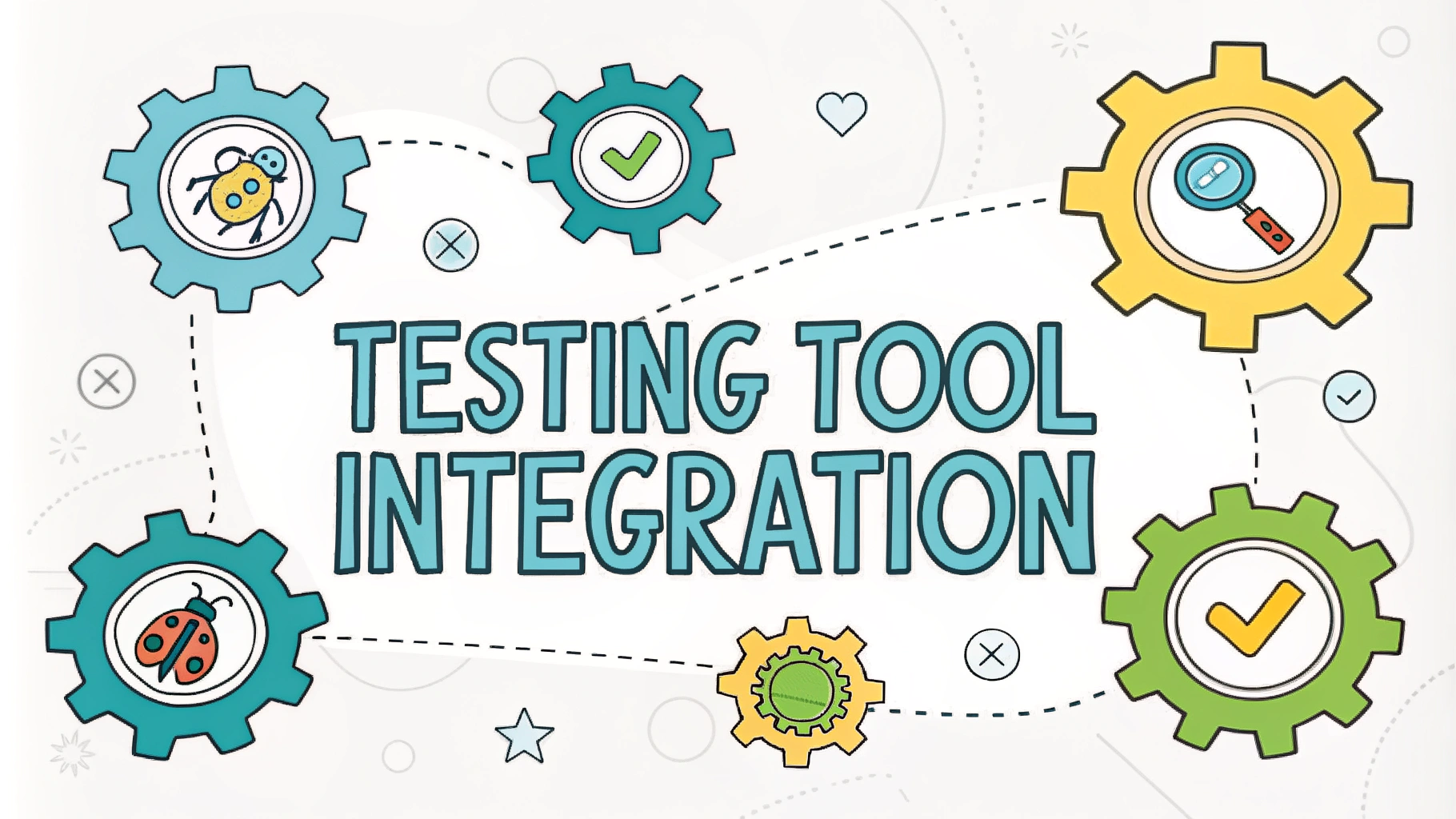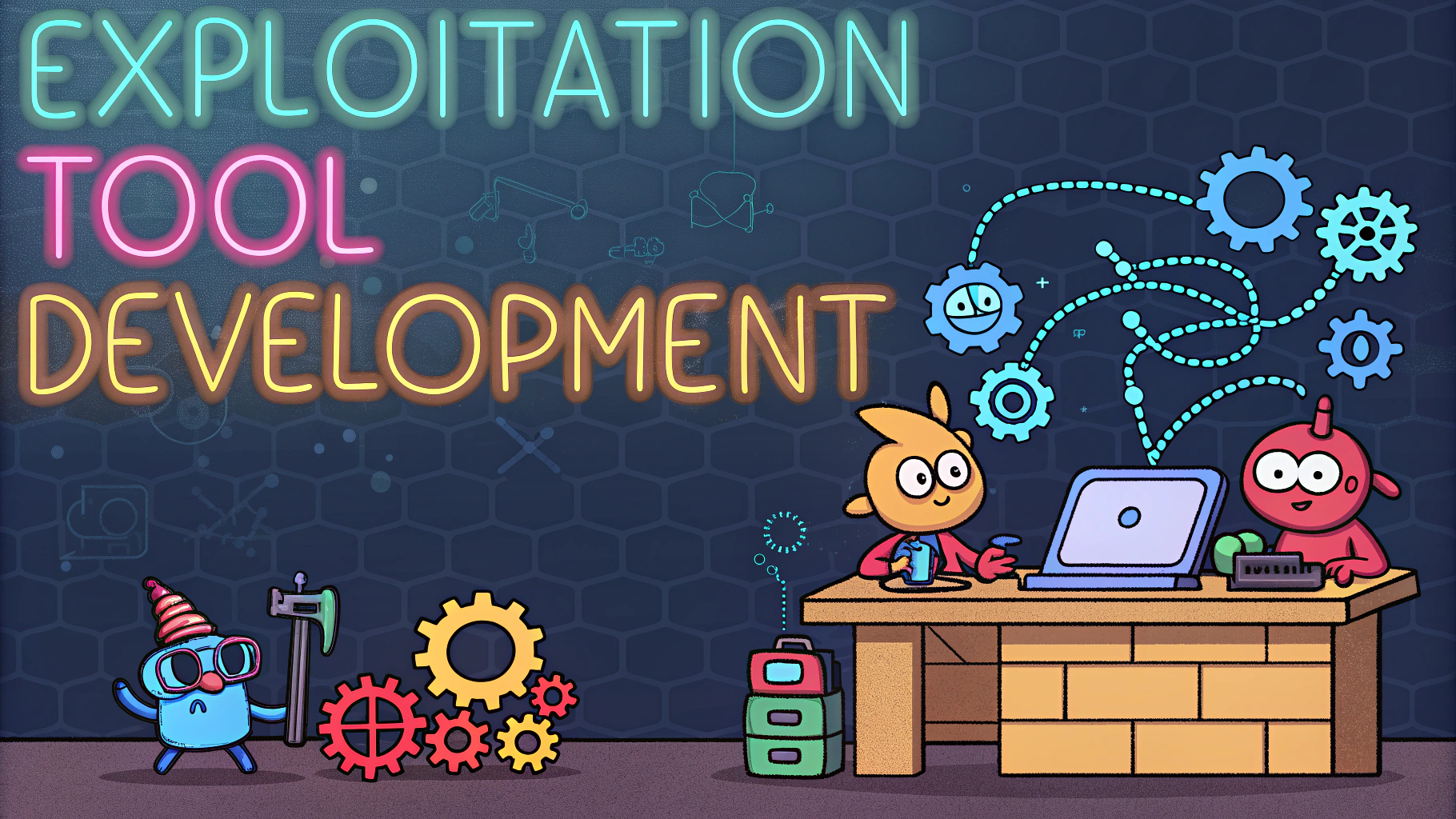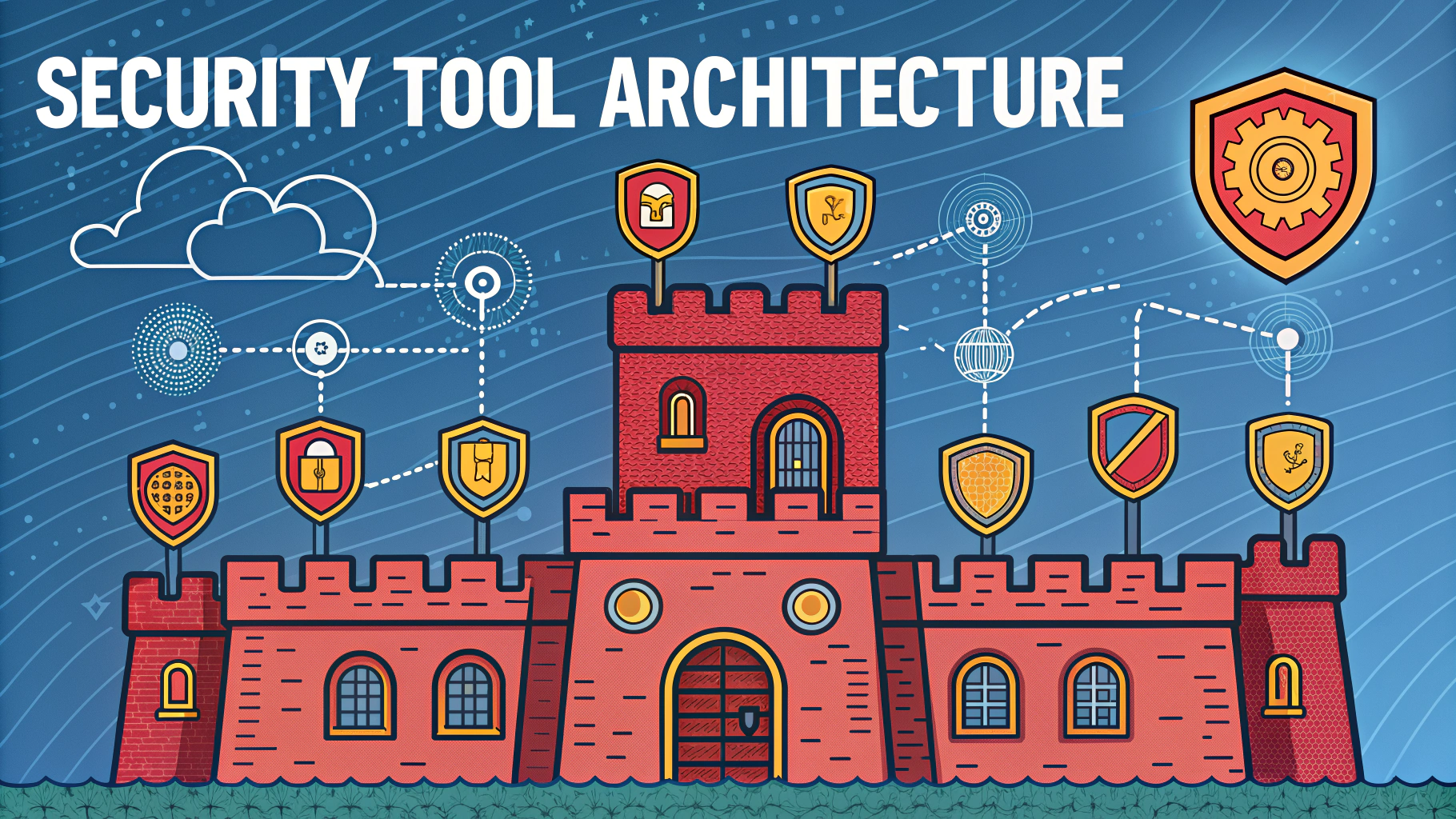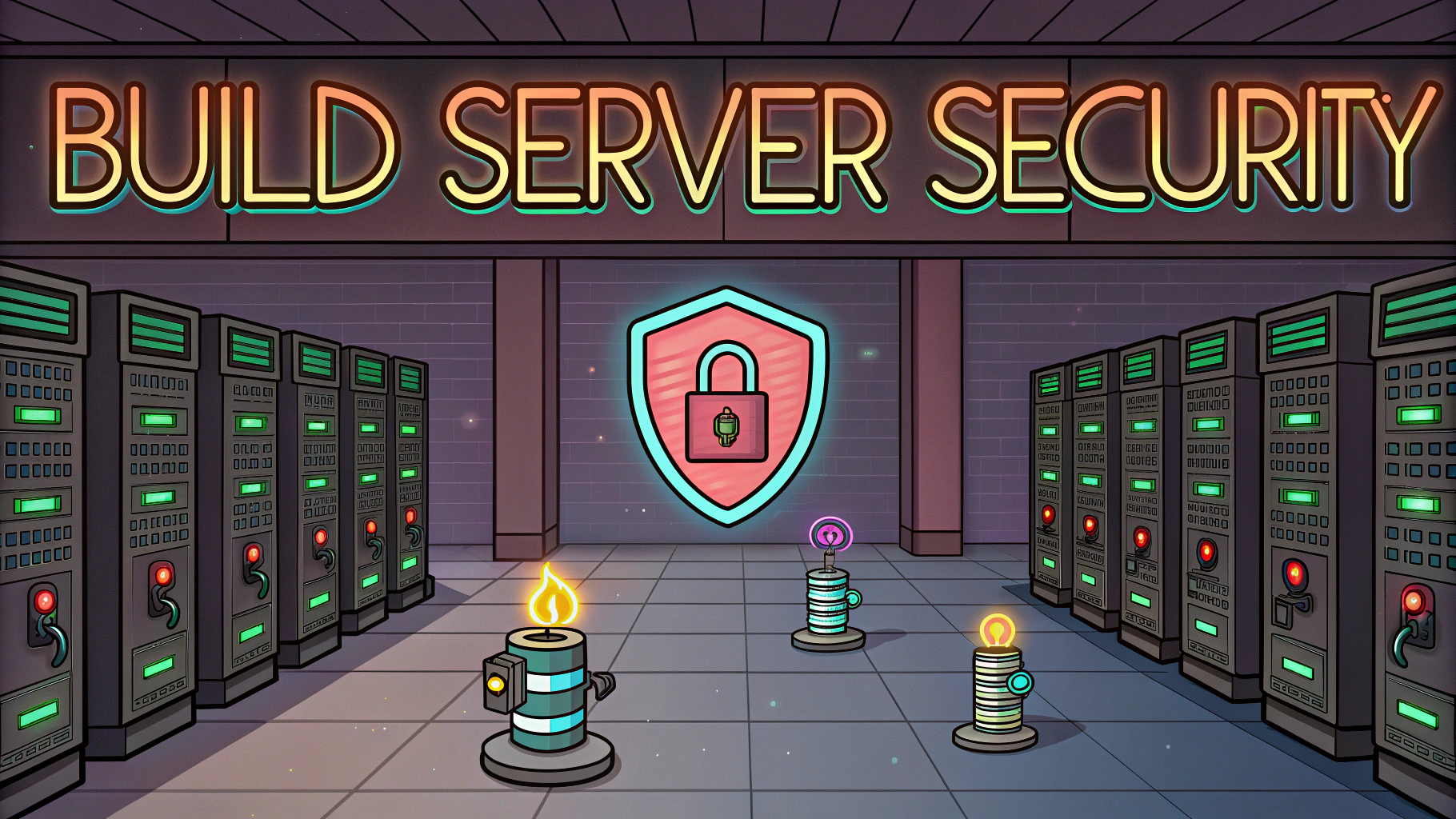Security professionals and aspiring penetration testers need a solid foundation of knowledge to effectively identify and remediate vulnerabilities.
This reading list focuses on practical, hands-on resources that teach real-world penetration testing skills and methodologies.
Each recommended book provides unique insights into different aspects of security testing, from basic concepts to advanced techniques.
Essential Books for Beginners
- The Basics of Hacking and Penetration Testing by Patrick Engebretson – Perfect introduction to methodical hacking
- Penetration Testing: A Hands-On Introduction by Georgia Weidman – Practical guide with virtual lab setup instructions
- Metasploit: The Penetration Tester’s Guide by David Kennedy – Comprehensive overview of this essential testing framework
Advanced Technical Reading
- The Web Application Hacker’s Handbook by Dafydd Stuttard – Deep dive into web application security testing
- Black Hat Python by Justin Seitz – Programming techniques for security testing
- The Hacker Playbook Series by Peter Kim – Real-world scenarios and testing strategies
Specialized Topics
| Focus Area | Recommended Book |
|---|---|
| Wireless Security | WiFi Hacking for Beginners by James Wells |
| Mobile Testing | Mobile Application Penetration Testing by Vijay Kumar Velu |
| Network Security | Network Security Assessment by Chris McNab |
Online Resources
- Offensive Security’s PWK Course Materials
- PortSwigger Web Security Academy
- Hack The Box Learning Materials
Practice Environments
- OWASP WebGoat – Learn web application security flaws
- Metasploitable – Intentionally vulnerable Linux machine
- DVWA – Damn Vulnerable Web Application for hands-on practice
Building Your Knowledge Base
Start with foundational books and gradually progress to more advanced materials.
Practice in lab environments before attempting real-world testing.
Join security communities like /r/netsec and Security Stack Exchange to stay updated.
Next Steps in Your Security Journey
- Create a home lab using virtual machines
- Practice writing detailed security reports
- Contribute to open source security tools
- Pursue relevant certifications like OSCP or CEH
Professional Development Path
- Join professional organizations like OWASP and ISC2
- Attend security conferences and workshops
- Network with experienced penetration testers
- Build a portfolio of responsible disclosures
Documentation and Reporting Skills
Strong technical writing abilities are crucial for penetration testers to effectively communicate findings.
Key Report Components
- Executive summaries for management
- Detailed technical findings
- Risk assessments and impact analysis
- Clear remediation recommendations
- Supporting evidence and screenshots
Legal and Ethical Considerations
- Understand scope and permissions
- Follow responsible disclosure guidelines
- Maintain client confidentiality
- Document all testing activities
- Adhere to regional security laws
Advancing Your Security Impact
Success in penetration testing requires continuous learning and adaptation to new threats.
Focus on building both technical expertise and professional relationships within the security community.
Remember that ethical hacking is about improving security posture and protecting organizations from real threats.
FAQs
- What are the essential books every penetration tester should read?
The Web Application Hacker’s Handbook, Red Team Field Manual (RTFM), Hacking: The Art of Exploitation, Metasploit: The Penetration Tester’s Guide, and The Practice of Network Security Monitoring. - Which certification books are most valuable for penetration testing?
CompTIA PenTest+ Study Guide, CISSP Official Study Guide, CEH v11 Certified Ethical Hacker Study Guide, and Offensive Security’s PWK/OSCP course materials. - What programming language books should penetration testers study?
Python Crash Course, Black Hat Python, Violent Python, and Learning PHP, MySQL & JavaScript. - Are there any must-read books for wireless penetration testing?
WiFi Hacking for Beginners, Kali Linux Wireless Penetration Testing Essentials, and Attacking Wireless Networks: A Hacker’s Guide. - What books cover advanced exploit development?
The Shellcoder’s Handbook, A Guide to Kernel Exploitation, and Windows Internals (Parts 1 and 2). - Which books focus on social engineering techniques?
Social Engineering: The Science of Human Hacking by Christopher Hadnagy and The Art of Deception by Kevin Mitnick. - What books are recommended for mobile application security testing?
Mobile Application Security by Himanshu Dwivedi and The Mobile Application Hacker’s Handbook by Dominic Chell. - Are there any essential books for learning malware analysis?
Practical Malware Analysis by Michael Sikorski and Practical Reverse Engineering by Bruce Dang. - What books cover cloud security penetration testing?
Hands-On AWS Penetration Testing with Kali Linux and Azure Security Basics for Cloud Administrators. - Which books are best for learning about IoT security testing?
IoT Penetration Testing Cookbook and IoT Security: Practical Guide for Securing IoT Systems.







